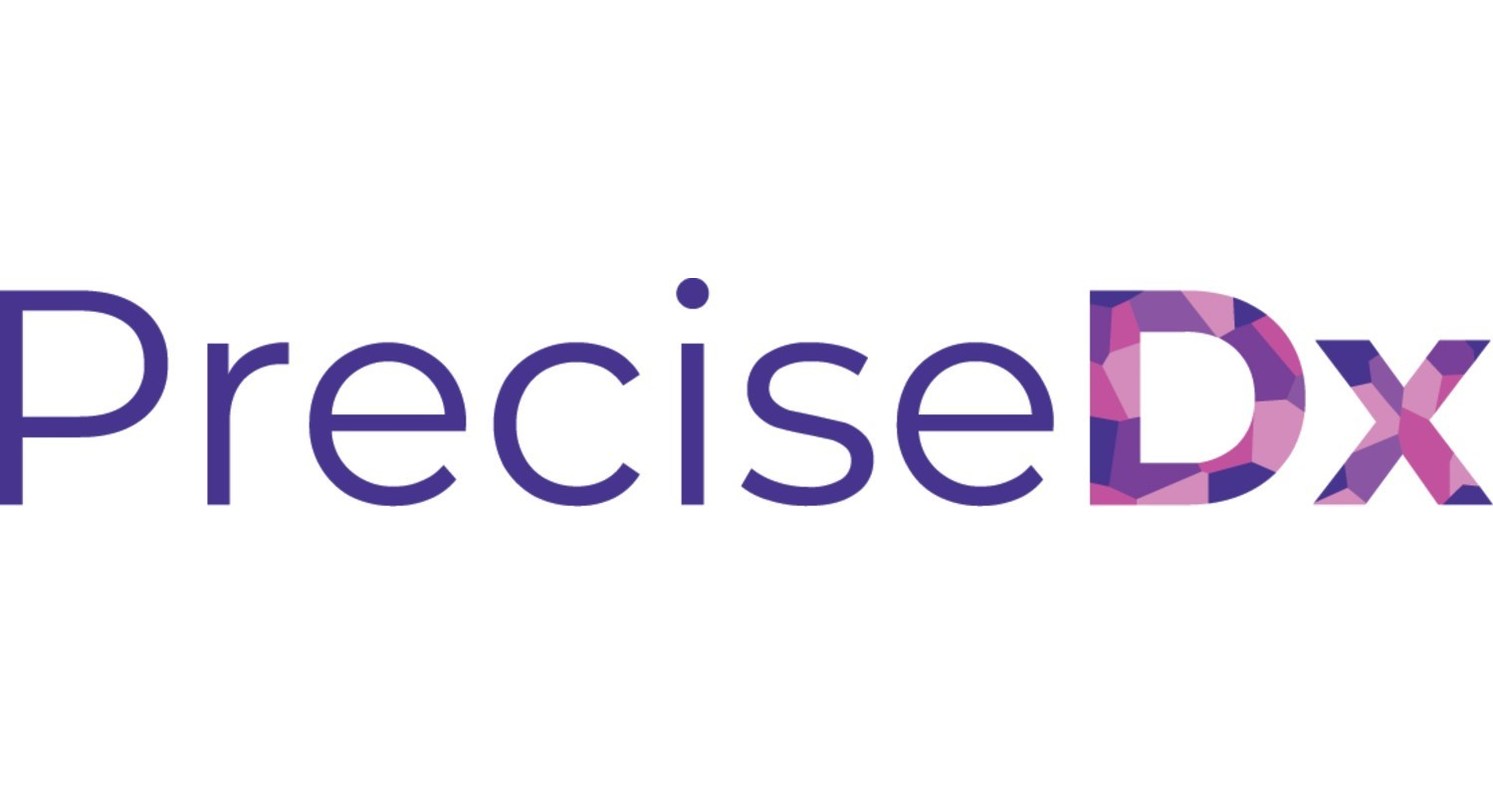
What You Should Know:
– Mount Sinai spinout, PreciseDx, today announced that its AI-enabled digital pathology is the first proven to detect early-stage Parkinson’s disease, according to a recent research study.
– The study, conducted in collaboration with Michael J. Fox Foundation, identified that PreciseDx’s technology can accurately diagnose Parkinson’s disease in living patients prior to the severe onset of symptoms.
Challenges Diagnosing Parkinson’s Disease
Diagnosing Parkinson’s disease is challenging at all stages due to variable symptoms, comorbidities, and mimicking conditions, with definitive diagnosis only coming postmortem. This groundbreaking study found that PreciseDx’s AI-enabled technology is able to facilitate a conclusive diagnosis of Parkinson’s, providing critical information for earlier treatment.
PreciseDx’s AI Morphology Feature Array was able to detect Parkinson’s pathology in image patches from biopsy samples with 99% sensitivity and 99% specificity as compared to expert annotated ground truth. The AI edged out the human pathologist with an accuracy of 0.69 versus 0.64 in the prediction of clinical Parkinson’s disease status.
PreciseDx’s MFA approach to feature extraction and analysis enables new algorithms to be developed and validated against clinical endpoints. This is extremely valuable to create new diagnostic tests, accurate and reproducible diagnosis, prognosis, patient selection of therapy for a wide range of conditions.
“Traditionally, pathology grading systems look at a few morphology components to make a diagnosis. Unlike any human-powered grading method, PreciseDx’s AI Morphology Feature Array (MFA) can examine thousands of different features and leverage those relationships between them,” said John F. Crary, MD-PhD, a Professor in the Departments of Pathology, Neuroscience, and Artificial Intelligence & Human Health at the Icahn School of Medicine at Mount Sinai. “This industry-changing study has shown that we need to revitalize the way we think about pathology and lean into using AI to detect diseases more accurately, such as PD. This enlightens the industry to a direct case study into how computational pathology can truly advance medicine in terms of accurately identifying and detecting diseases.”
For more information about the study, visit https://pubmed.ncbi.nlm.nih.gov/35164870/
